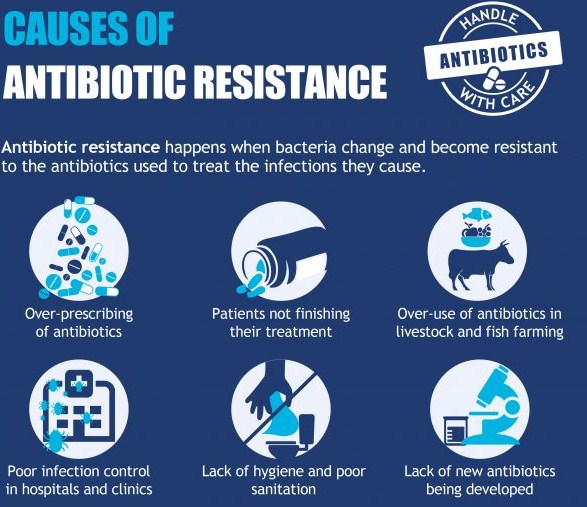
Brought to you by WBIW News and Network Indiana
Last updated on Tuesday, July 11, 2017
(WASHINGTON) - Gonorrhea is becoming much tougher - and in some cases, even impossible - to treat due to an increase in antibiotic resistance, the World Health Organization said on Friday.
Regina Holmes, with Talk Media News reports, data from 77 countries is showing widespread resistance to older and cheaper antibiotics, WHO reported. Most African nations, some of which have high rates of gonorrhea, did not report. Meanwhile, the pipeline for new drugs is shrinking, according to WHO and the Centers for Disease Control and Prevention (CDC).

"The bacteria that cause gonorrhea are particularly smart. Every time we use a new class of antibiotics to treat the infection, the bacteria evolve to resist them," Dr. Teodora Wi, WHO's medical officer of human reproduction, said in a statement.
Three countries - Japan, Spain, and France - have found individual cases of the sexually transmitted disease that cannot be cured, WHO said.
"These cases may just be the tip of the iceberg, since systems to diagnose and report untreatable infections are lacking in lower-income countries where gonorrhea is actually more common," Wi said.
Each year, an estimated 78 million people worldwide are infected with gonorrhea, according to WHO data. In the United States alone, more than 800,000 new gonorrhea infections are occurring each year, according to the CDC. But many cases of "the clap" are not diagnosed, treated or reported. Gonorrhea can infect the genitals, rectum or throat. Complications disproportionally affect women, and can include pelvic inflammatory disease and ectopic pregnancy. In men and women, gonorrhea can cause infertility and increase the risk of contracting HIV.
WHO has found widespread resistance to several of the antiobiotics used to treat gonorrhea. For example, WHO data from 2009 to 2014 found that 97 percent of the countries reporting data in that period found drug-resistant strains to ciprofloxacin.
WHO issued updated global treatment recommendations in 2016 advising doctors to give two antibiotics: a ceftriaxone injection and an oral dose of azithromycin. The CDC concurs with this recommendation.
But WHO found that 66 percent of reporting countries between 2009 and 2014 had seen gonorrhea strains that were either resistant to or displayed reduced susceptibility to ceftriaxone. Meanwhile, 81 percent of the reporting countries saw strains that were either resistant to or had reduced susceptibility to azithromycin.
The research and development pipeline for drugs to treat gonorrhea is relatively empty, with only three new candidate drugs in various stages of clinical development, according to WHO. Pharmaceutical companies are not eager to develop new antibiotics since patients take the medication for only for a short time.
The Drugs for Neglected Diseases initiative and WHO have launched a nonprofit research and development organization to develop new and effective antibiotic treatments for gonorrhea.
"In the short term, we aim to accelerate the development and introduction of at least one of these pipeline drugs, and will evaluate the possible development of combination treatments for public health use," said Dr. Manica Balasegaram, director of the Global Antibiotic Research and Development Partnership. "Any new treatment developed should be accessible to everyone who needs it, while ensuring it's used appropriately, so that drug resistance is slowed as much as possible."
1340 AM WBIW welcomes comments and suggestions by calling 812.277.1340 during normal business hours or by email at comments@wbiw.com
© Ad-Venture Media, Inc. All Rights Reserved.